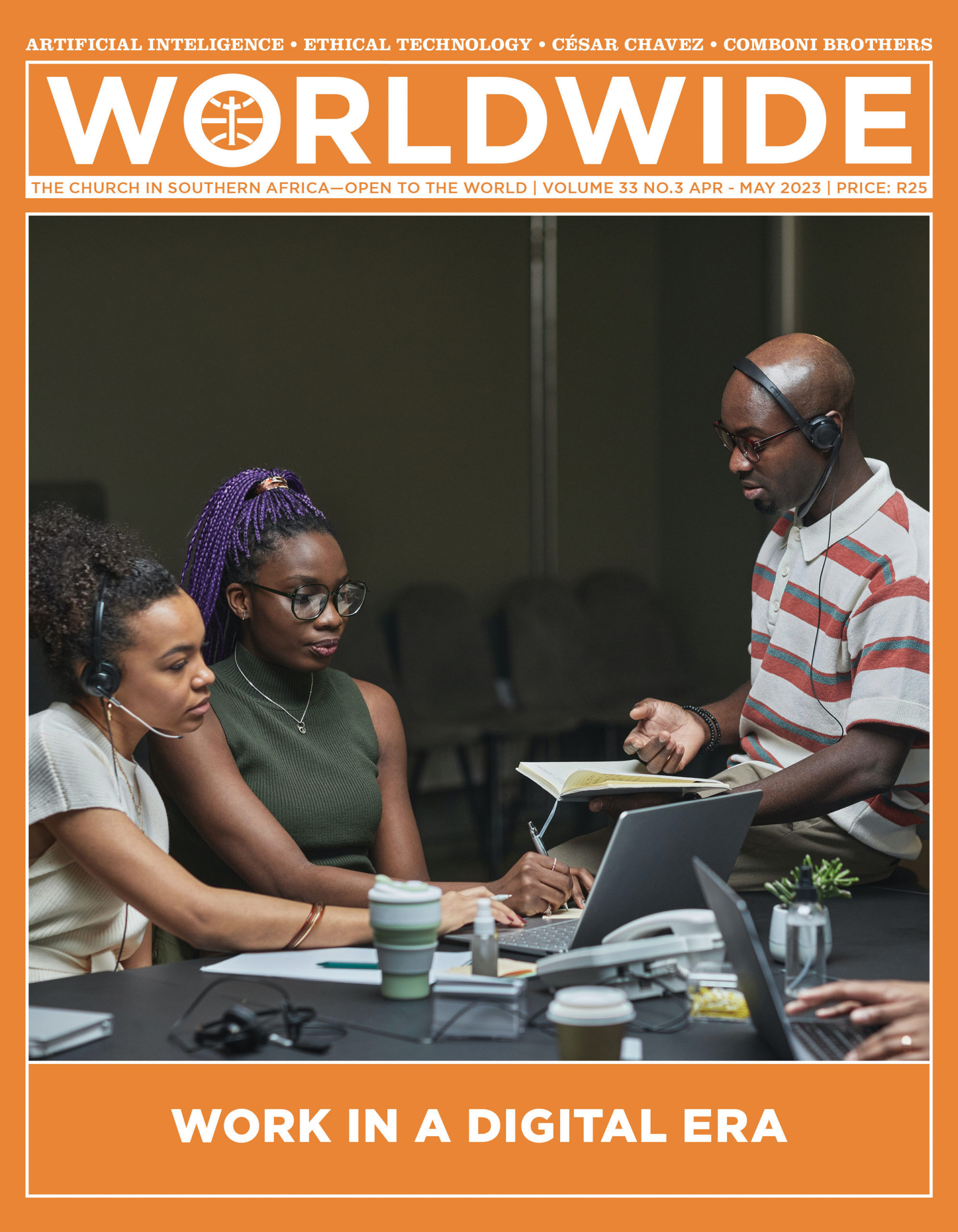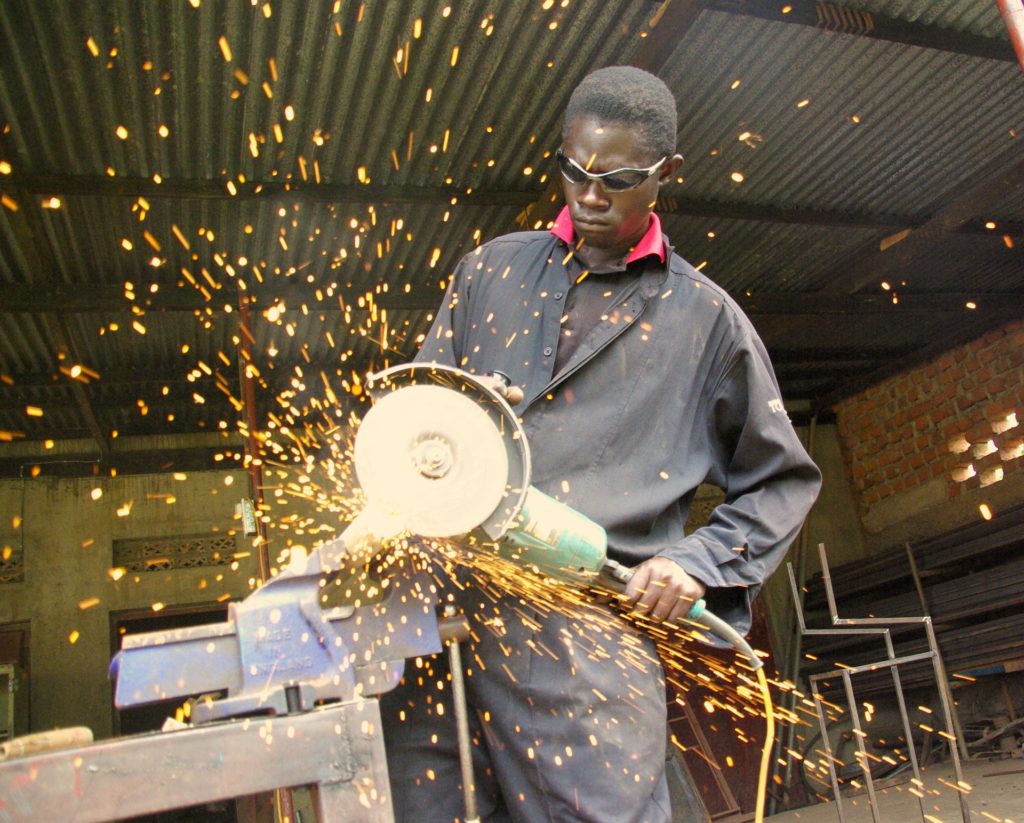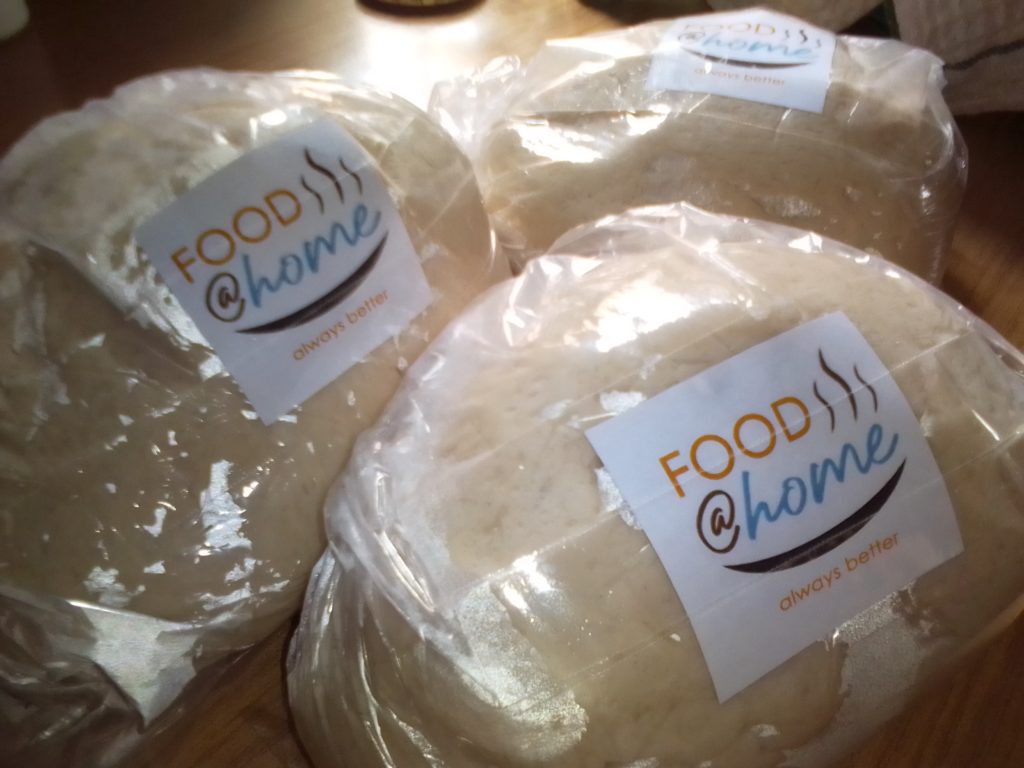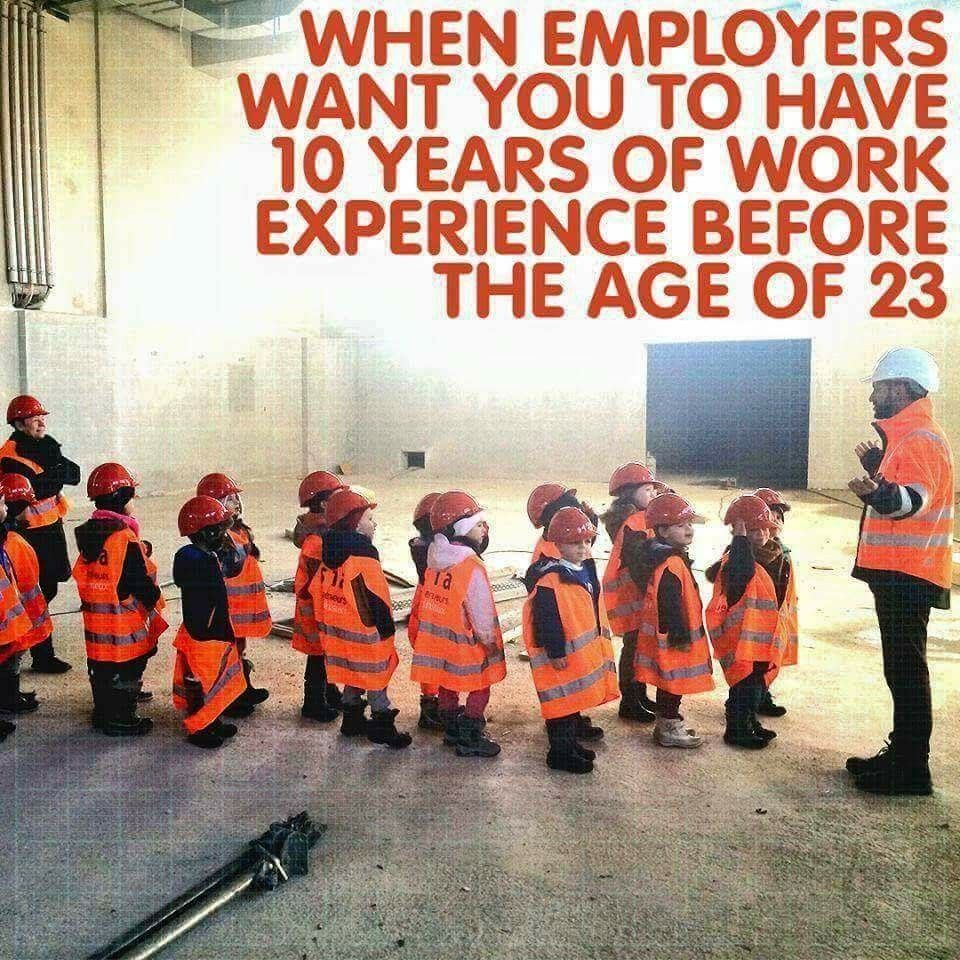
WORK IN A DIGITAL ERA
In the image we see a group of work colleagues discussing and planning their activities. They seem to have fun and an amicable relationship. The future of work passes through team work and co-operation in a spirit of mutual collaboration.
YOUTH VOICES • HUSTLING

HUSTLE SMARTER, NOT HARDER
Side-hustling has become popular, especially among unemployed youth or those in search of an extra income to make their living. Though it often demands prolonged hours of work, it also brings valuable contributions and untapped skills to the forefront of society
BY JILL WILLIAMS, CANDIDATE LANDSCAPE ARCHITECT | PRETORIA
IN SOUTH AFRICA, as well as 59 other countries worldwide, Worker’s Day has been celebrated on 1 May as a public holiday since 1889 (South African History Online 2022), through the support of an international federation of socialists and trade unions in Europe. Many workers’ benefits and humane standard working conditions, such as the eight-hour work day arose from various movements worldwide. Funnily enough, with the fast-paced world we are living in, it seems like we are moving back to exaggerated working hours, with an average of 21.1% of South Africans working more than 49 hours per week, nine hours more than the standard, according to Writer (2019). The COVID-19 pandemic fostered the rise of the ‘work-from-home’ model. This played a role in making people more accessible, since working at home became more widely accepted and accommodated through platforms such as Zoom, Microsoft Teams and Skype. It also reduced the amount of time completely away from work that we spend as a society.


Working beyond your hours
According to Labour Guide (2023), working overtime, i.e. working more hours than the standard 40 hours per week in South Africa, is voluntary and can be done for only three hours on any given day, with 10 hours being the maximum number of hours in any given week. Remuneration is given for additional work and both the employer and employee agree to the terms of work for overtime, including when it will commence and come to an end. This, however, does not usually happen for over-worked individuals, particularly in the private sector, who are working extensively beyond their normal working hours to ensure work is completed on time and to ensure they keep their jobs.
People working in the field of the Built Environment, often speak of the private workspace regularly being a situation of worker exploitation as work is being done beyond the standard working hours, with no overtime or additional benefits. With the scarcity of jobs for young professionals in South Africa (let alone well-paying jobs), everyone wants to prove their willingness to work and lead in a company by accepting more responsibility and gaining more work experience for minimal or no remuneration. This is likely happening in other sectors too. Although there are councils which are intended to prevent and regulate things like this, the implementation of good practice is happening at a very slow pace—far too slow for the rate of economic shifts happening globally.


Being busy vs being productive
According to Writer (2019), The Organisation for Economic Co-operation and Development (OECD) uses GDP per hour worked as a measure to track actual employee productivity in a given country. This has identified that on average, local workers work 8.6 hours a day; however, in terms of productivity, South Africa is contributing only $98 per hour worked, and ranking second last to Greece, amongst countries who are part of the study. Although we work long hours, our productivity levels in monetary terms are low. This makes one ask the question—are we busy being busy and staying occupied or busy being productive and bearing actual fruit from our work?
The phrase working smarter and not harder comes to mind. Is our way of working really beneficial for us in this country? Above and beyond this, we have faced great hits to our global economy due to factors such as the war in Ukraine, resulting in shortages of wheat and other products in various countries and contributing to high inflation rates in the prices of food in South Africa. This has placed pressure on the daily needs and money available for households of all calibres. We want better pay and better-paying jobs so that we can meet our daily needs, and often this means resorting to working longer hours.
As COVID hit and the rise of home chefs started trending, I began realising that I can put my new role as a cook to good use
One of the ways we have begun working extended hours, particularly in a more digitalised and social-media-exposed society, is through the rising trend of side-hustling online and otherwise, to make an extra income. This has become very popular and gained momentum, particularly amongst young people who have work and even for those who don’t have work but are looking to make a primary income. These side hustles range greatly from the selling of beauty products such as Avon, making natural beauty products and scents and selling them; the selling of homemade cooked ready-to-eat or heat-and-eat foods; drop shipping; teaching kids English online; or even type-writing and transcribing online, to mention but a few.
Side-hustling own experience
As a society, I feel that although we are pushing children through universities, to get their degrees and become academic doctors (which are all great things), we lack absorbing these obtained skills back into the job market. Too often, people are labelled as overqualified and have to settle for jobs that are not even in line with what they had studied, just to earn an income. Now and then a Facebook post shows graduates, fully clothed in their academic regalia, standing at the side of the road and begging for a job. Added to this is the need for people to reduce their wage expectations in the job market due to the need for more work experience than one might have been able to acquire while studying. Some of my friends who graduated with me struggled for many months to get a job, despite them having a Master’s Degree and more than two years of prior work experience. It’s a jungle out there.
I do foresee a great harvest of job availability and the growth of microeconomies through the energy and resilience youth has to offer the world

Before I began my current job, I experienced a few months of being unemployed. The moment I saw the ‘pass’ on my academic record and was informed I would be graduating, I was flooded with a sense of relief and gratitude, followed by the numbing thought: WHAT NOW? I was officially unemployed. I had instantly switched from being a student to being a statistic. In the months leading up to the time I began working in my current job, I was actively doing my bit to get employment. However, I still needed funds in the interim. I became frustrated at the process and the waiting, even despondent at times in that I could not put into practice the skills I had spent so long obtaining. Now I was a cook, a cleaner and a general homebody, an unemployed person. As COVID hit and the rise of home chefs started trending, I began realising that I can put my new role as a cook to good use. I began selling some of the foods I liked making, such as vetkoek (savoury fried dough), koeksister (twisted doughnut like treats with cinnamon and coconut), roti and samoosas. I also made use of skills I had learnt in varsity in terms of marketing my products on social media and creating digital posters and short videos. This greatly helped to spread the word about my product. I also got mostly positive feedback from clients and had some repeat customers. I was assisted somewhat with making roti’s by a family member when I had larger orders and my dad assisted greatly with transportation for free deliveries of the products to my clients.
This was a great learning experience and showed me that I could really make something of this with a few tweaks to my business model. Thankfully, I got a job four months after I completed my studies. On the business side of things, I tried to convert my hustle into a side hustle. This worked to some degree, but I eventually realised I would require more capacity in terms of manpower, as well as a physical location for my products to be sold for a continual influx of customers. My inability to keep up with orders and manage my working hours lead to my decision to halt the side hustle, to focus on my main hustle, allowing myself time to rest and recuperate after the mental trauma of having studied for the past seven years. I haven’t yet resuscitated the business, but I will. Watch out world!
We need to find a way to make money work for us more than we work for our money
What I learnt from this experience was that one needs to be realistic with what you are expecting from your business in terms of time and the amount of money, skills and effort you would need to put into the business. What risk reward factor are you willing to invest or spend on your business or side hustle? Another important thing is that you need to be vocal about your product or service. That is where networking starts: by making it known that you have something good to offer the world. This experience highlighted to me that we somehow need to find a way to make money work for us more than we work for our money. Side-hustling, though very exciting and rewarding when done well, can be very exhausting and draining in terms of one’s time and energy. Balance is key, but can be very tricky to navigate.
What I do know for certain is that there is much more to explore in the realm of hustling and certainly many more lessons to be learnt. Working longer hours does not seem to be dying down soon, particularly for the entrepreneurs in our society, but I do foresee a great harvest of job availability and the growth of micro-economies through the energy and resilience youth has to offer the world.

